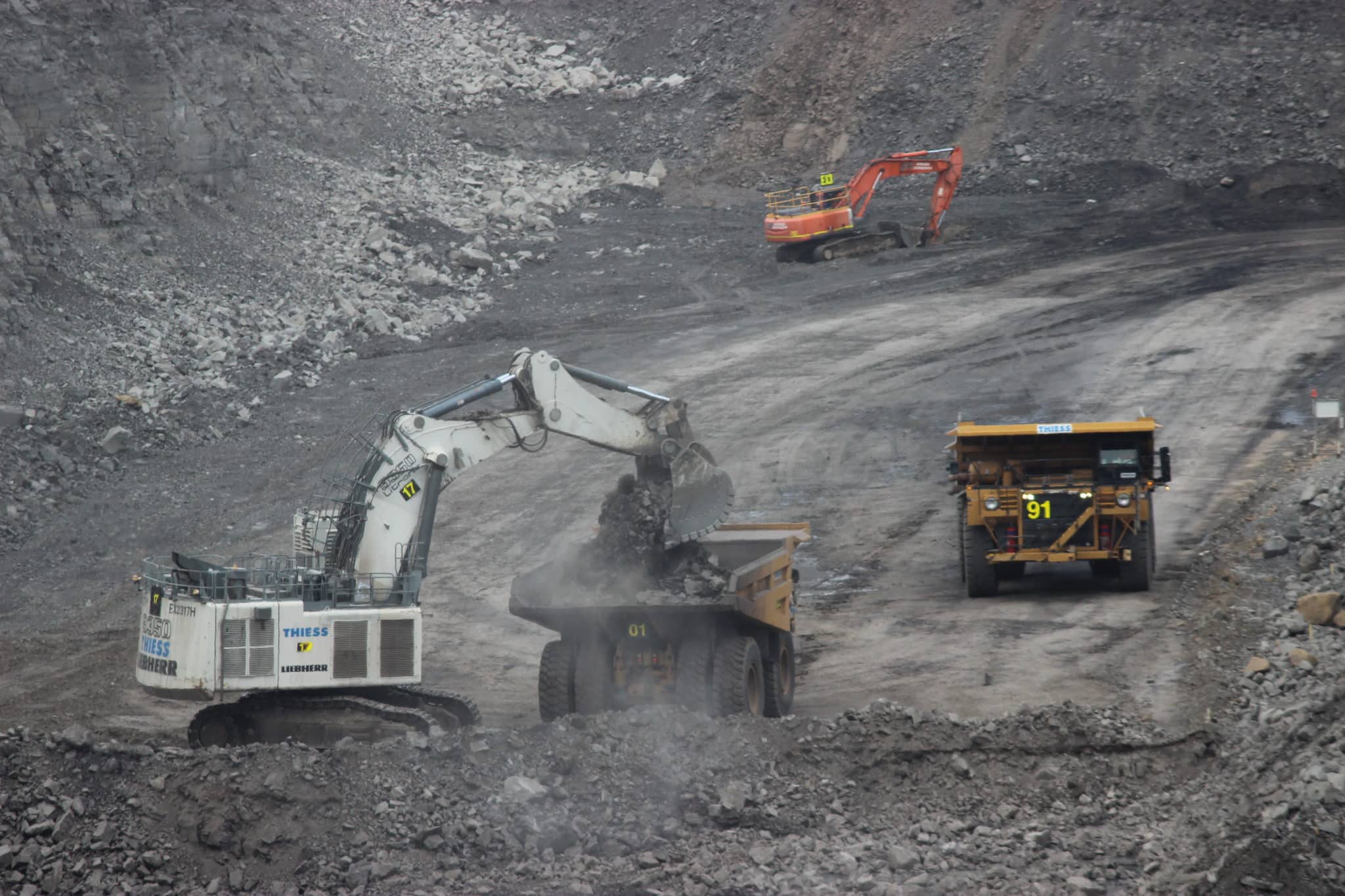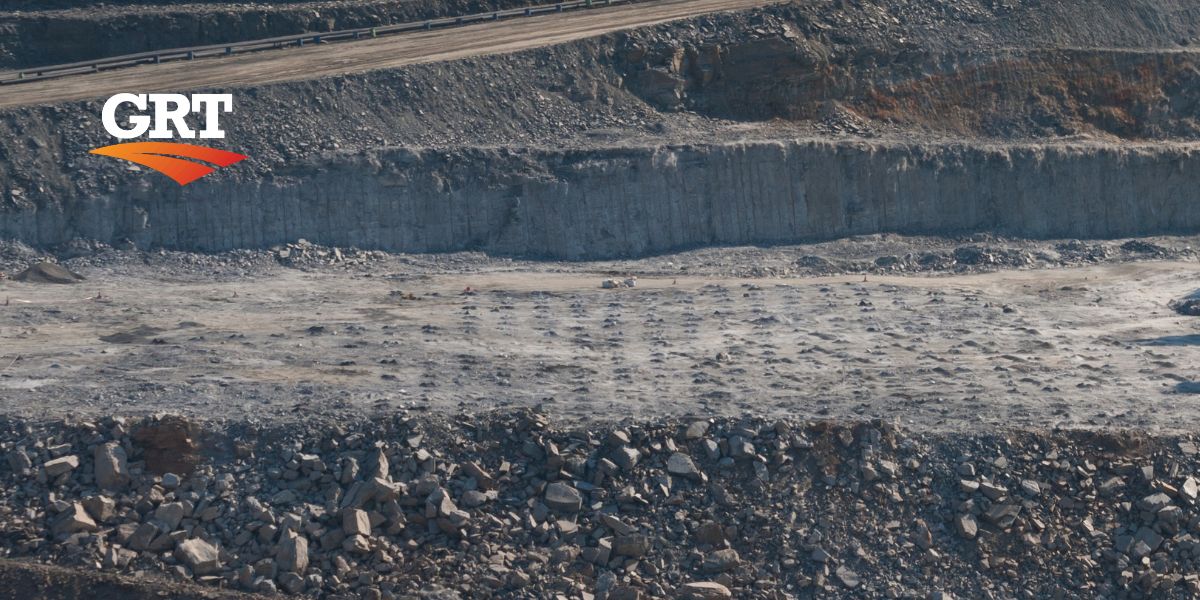What is going to happen after COVID-19. Is everything to go back to normal? With infection numbers peaking, and on the decline, the reality of normal life is back on the horizon. So, let’s just put aside COVID-19 for the moment, as there are many more difficult challenges that the Australian mining industry is facing today. Even after the COVID 19 situation ends, it’s going to be a while until we can really pick ourselves up, and take off from where it all stopped. It will take time, for things to start rolling. But even when that time comes, there is a mountain in front of the mining industry.
Challenge 1: Electrification of Vehicles
Over the last few years, the demand for raw materials required for electric vehicle motors and battery systems have skyrocketed, especially for lithium, copper and rare earth metals. In the last few decades, there have been no new copper mines in Australia, and with the current mines almost reaching exhaustion. As result money has been poured into R&D to look for alternatives. However, with the growing demand, and the supply sources falling, there has been a spike in the importation of Copper. This will likely push the prices of copper over the next decade, as Australia’s reservoirs are completely depleted. Copper is well known for having one of the most intensive processes and environmentally damaging when it comes to refining.
There have a been a series of articles written on the concerns of the change from petrol to electric cars, as the foundations of this electrification transition are based again on finite resources. The rare earth metals required for building an electric motor are becoming more expensive, as materials such as Lithium are not as abundant as other minerals, and is geographically only available in a few isolated areas around the world.
Challenge 2: Increased Cost of Energy consumption
Are environmental regulations, health and safety concerns or potential profit loss a concern right now?
In the mining industry today, one of the largest financial threats, is the rising cost of energy. In 2017 alone, energy cost accounted for 6% of the total cost of mining. In particular, the process responsible for the high energy cost is the process of “Comminution”, which is: “the action of reducing a material, especially a mineral to minute particles of fragments”. The last few articles, released by GRT have portrayed the latest renewable energy technology available on the market. Many experts in the industry believe that adopting renewable energy technologies onsite is the solution. Many mining companies are undertaking an energy audit to perceive a detailed understanding of their energy usages and cost. In some cases, such as those in Glencore Raglan, are saving more than 2.4 million litres of diesel fuel/year, which equates to quite the cost savings. There are a wide range of renewable energy alternatives, such as microgrids, lithium battery systems, hydrogen fuel cells, wind systems and solar, all of which can be integrated together in various calibrations to ensure efficient energy consumption, and minimised cost.
The electrification of vehicles in the industry and the increased cost of energy consumption complement each other in a way that one is a solution to the other. The potential financial gain from transitioning to green energy is quite favourable. There have been a number of large mining giants in Australia in particular that have taken on the challenge of transitioning to green energy, not only because it’s carbon-neutral, but because it economically makes sense. If you would like more information on how these companies have achieved this, GRT has released an article on this subject.

Challenge 3: Power of Data
Data is a fundamental factor in today’s day and age, not only in collecting and analysing, but is a critical part of the foundations, when building relationships with companies and people. By having a transparency of data with stakeholders, it allows for a stronger relationship and trust. It is imperative that data is shared and transparent, however, this in many circles has raised serious debate as to what data should be kept private, and what should be shared. Even though the government does seek to push for disclosure of subsidiary structures to address tax base erosion. Many communities are seeking for access to data especially those that affect them directly. It is fundamental that mining companies, the government and stakeholders distinguish the various types of data that are available and identify what should be released to the public, and what data should be disclosed to ensure standardisation.
Challenge 4: International Social issues
Many of the social issues that people overseas have with the mining companies are “swept under the rug” so to speak. In particular the involuntary resettlement of communities for mining projects. This impacts communities not only physically, but psychologically and emotionally. Some Australian companies have assisted in the transition of some of these communities, however, a lot more support is needed to ensure the appropriate steps are taken to ensure a smooth transition. There is always a feeling of uneven ground when working internationally, but a budget needs to be set aside to support the locals through employment services, and ensuring they’re apart of the land management team.
It is well known that the culture of most of the indigenous people is strongly connected to its land. it is important to take into account the repercussions of disturbing such spiritual sanctuaries. There are many developing countries that have a weak legislative system, that has been made for the purpose of adopting corrupt practices, and avoid taking responsibility for issues. This raises ethical questions on a number of fronts, as it’s our duty not just as Australians but as a human, not take advantage of their unstable situation. When working in countries that are considered second or third world, it is critical to have complete transparency to the expectations of the mining project, and address the issues at hand in cooperation with the community. Far too long have there been corners cut, and lives displaced as a result of improper care towards the owners of the land.
Challenge 5: Fresh Water
The quantity of water required for mining processes is obscene. The Financial Time Magazine reported that mining companies in Australia spent over $12 billion on water alone in 2019. In 2009 this number was $3.4 billion. Access to water is every humans basic right. Logically speaking, the population is creeping to 8 billion. As our population grows, as does our demand for fresh water. All this is happening whilst our major source of fresh water (snow and icebergs) are melting into the sea. All the predictions for snow melt vary, however, they all come to the one conclusion, one day (in our lifetime) we will wake to the largest ice banks melted.
Anglo American CEO Mark Cutifani said “ water is one of the greatest constraints to the new supply of mined products across the industry“. A possible solution to this issue is the adoption of desalinisation plants. Water shortages should be an issue we mitigate against now. Not when countries are already out of water, by then it’s too late. Usually, in situations such as these, the government and companies like to bury their head in the sand, until the situation is dire. Water shortages is an issue that will directly affect every person, not only companies, but every living being. In 2019, we saw a number of our local towns in Queensland run out of water for a few weeks after one of the worst droughts Australia has ever seen. In 2018, for the first time in history we saw South Africa’s taps run dry, which sparked a panic for many months. This is not similar to running out of power, or being in isolation.
Codelco is one of few companies that have thought about the repercussion of water shortages, and have invested in a saltwater desalination plant. This plants was created for to supply water for their Copper depot mining operation in Chile. The plant provides approximately 1700 L/second of fresh water for mineral processing operations. Copper processes is known for its high water consumption, and this investment is a solid investment and mitigation strategy for the threat of water shortages. For if it comes to the point where water sources are depleting, the saltwater desalination plant can provide fresh water to the local population. It is imperative that we begin to look at the repercussions of our actions, and to understand what impact it will have on local residences, on resources, and local economies. If we don’t address these issues, and continue to ignore them, it will be our lives on the line, not just the economy.
Meeting the Challenges
Progress is the overcoming of new challenges. In any industry, new challenges arise through development. It’s constant cycle of improvement, and of success and failure. Today’s challenges in the mining industry is Corona Virus, tomorrow it will go back to the economy and the energy transition, the day after it could be water shortages. What usually occurs is the quantity of challenges outweigh of quantity of work, leaving them unaddressed. However, with our current technology, we have the rare ability to realise relationships in data to mitigate for future challenges that await us. By understanding that with every action we make as a person, or as a business, or as a country, has a consequence, we can begin to prepare for our future challenges. For the act of doing nothing, will have a more substantial negative consequence for not just individual people, but our communities, our businesses and the future of our children.
Troy Adams
Troy Adams is the Managing Director of Global Road Technology (GRT) Specialising in Engineered Solutions for Dust Suppression, Erosion Control, Soil Stabilisation and Water Management. A pioneering, socially conscious Australian entrepreneur, Troy Adams is passionate about health and safety and providing innovative solutions that are cost-effective to the mining industry, governments and infrastructure sectors. Troy is also a tech investor, director of companies like Crossware, Boost, Hakkasan, Novikov and more.

